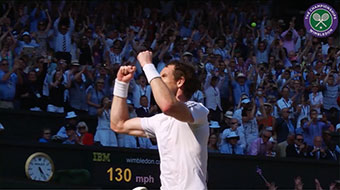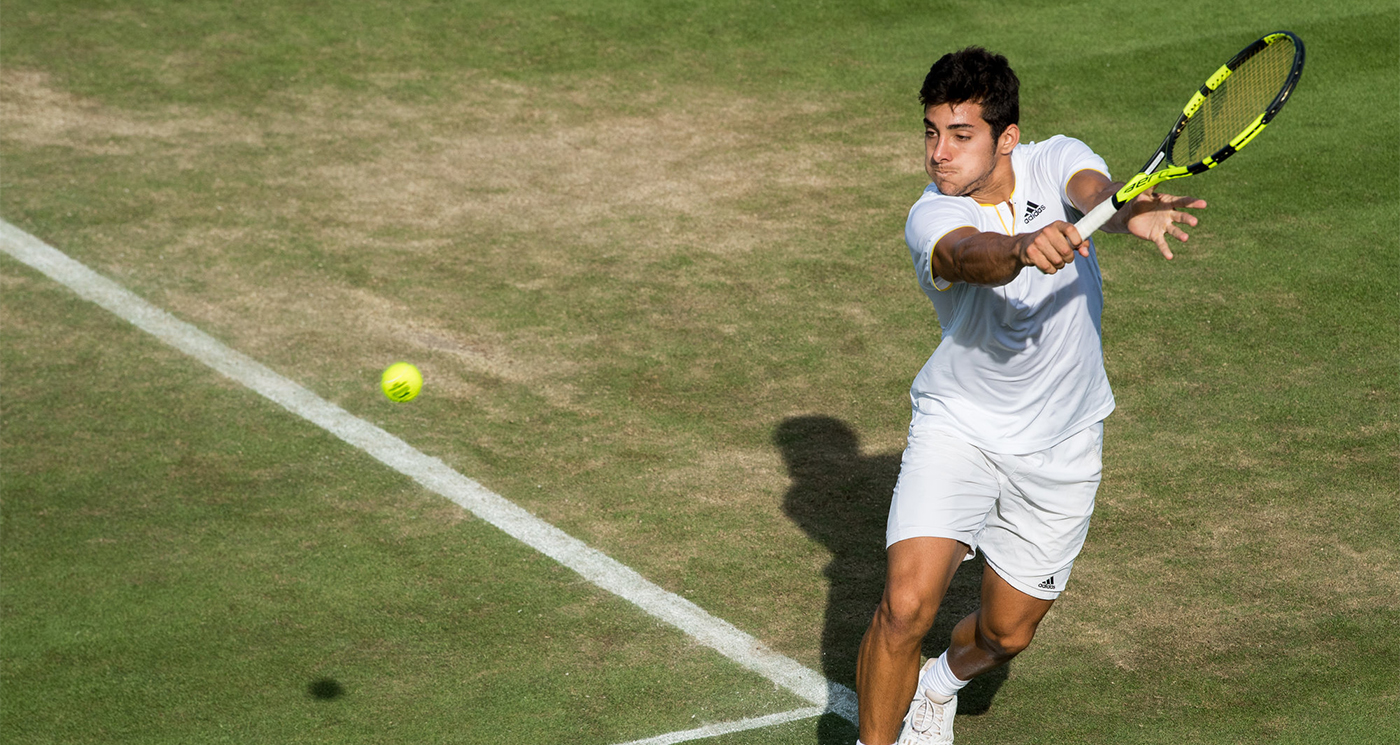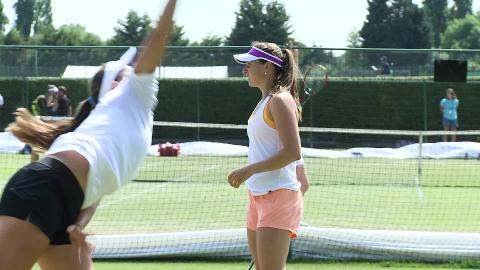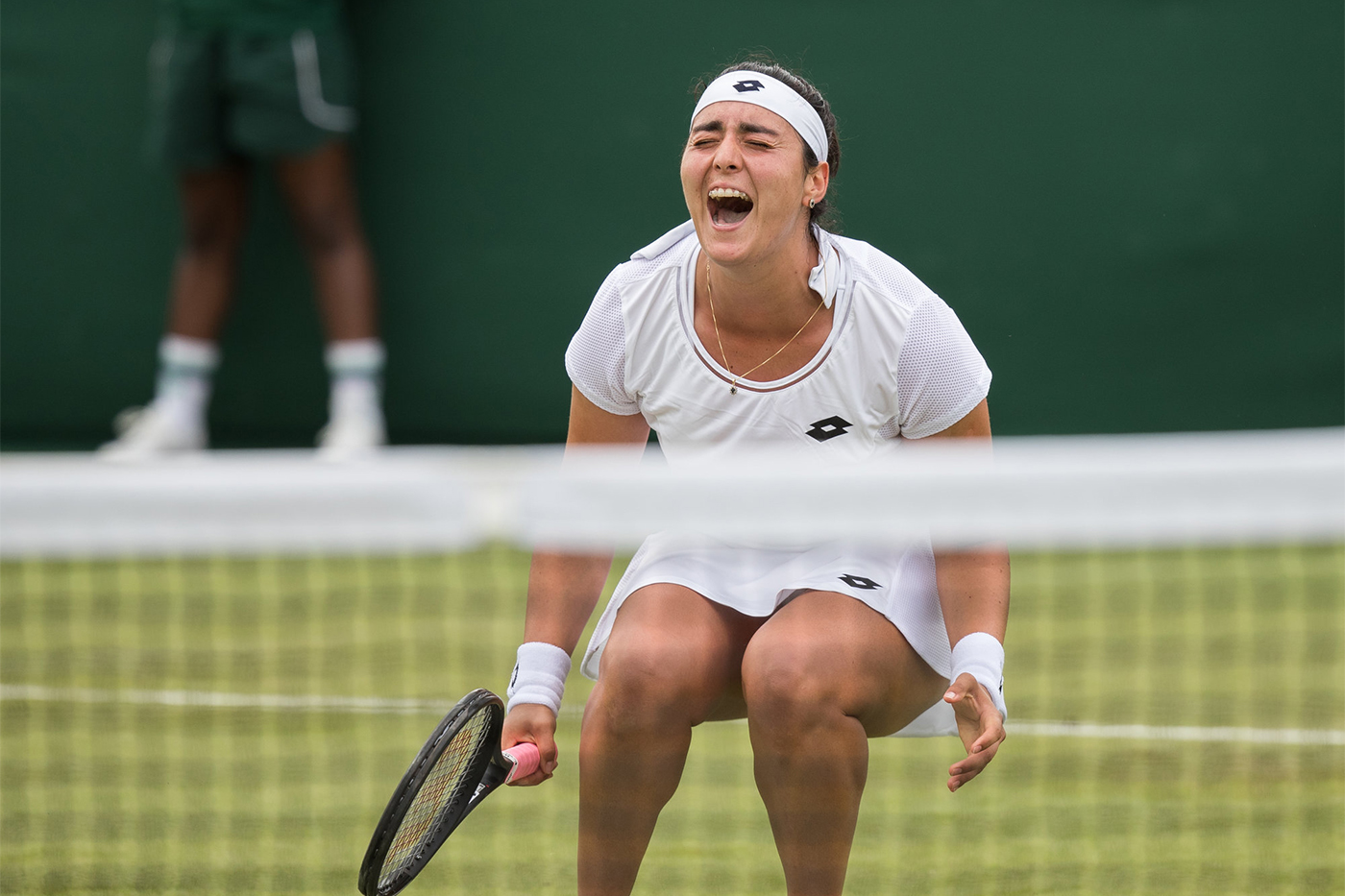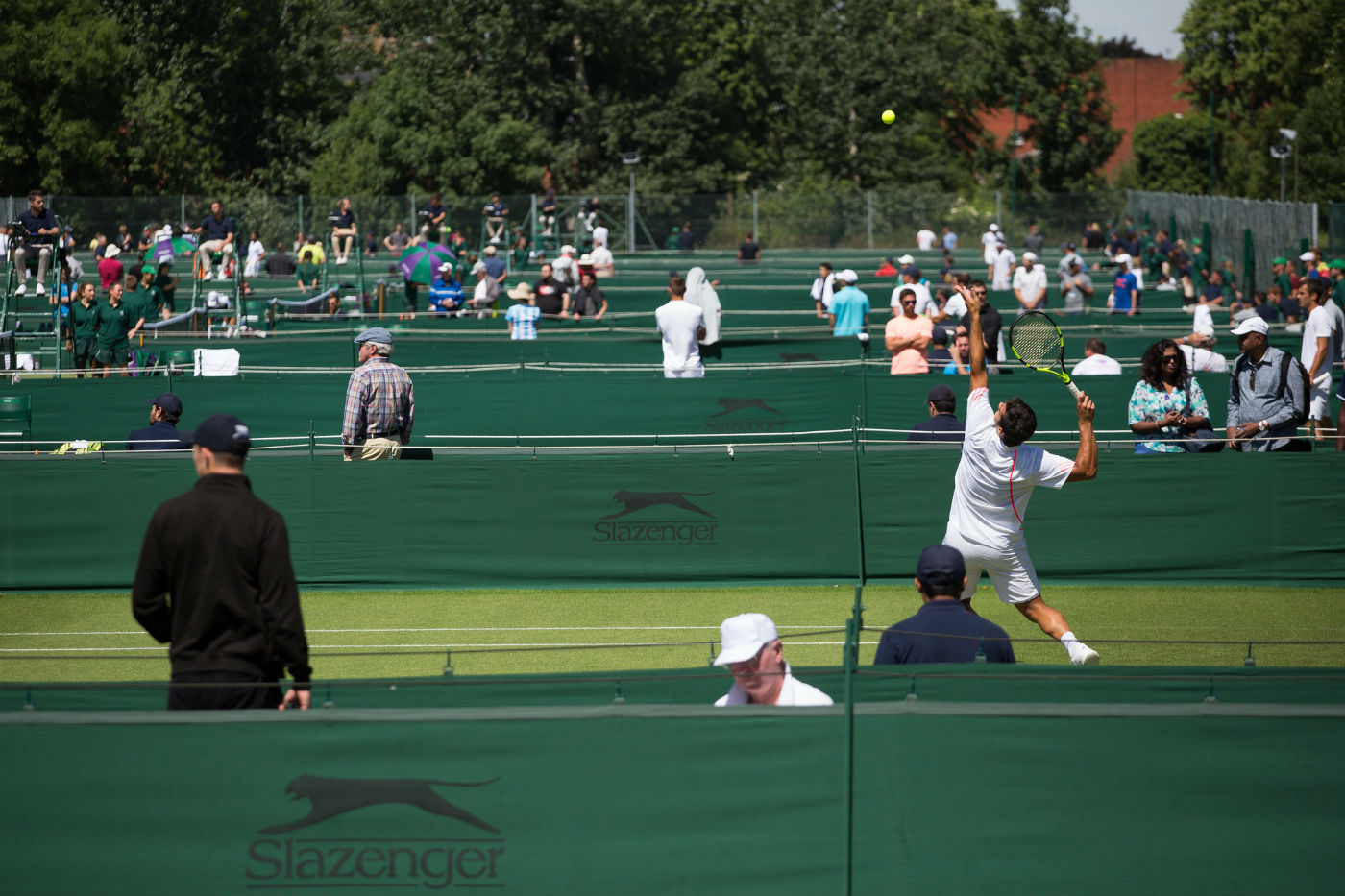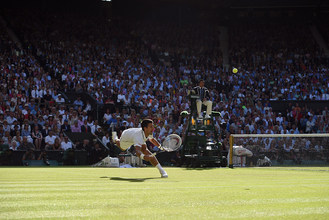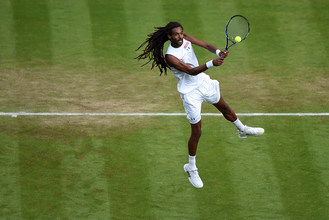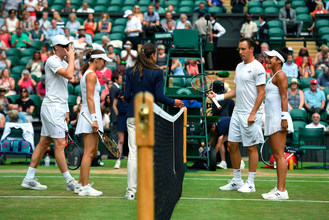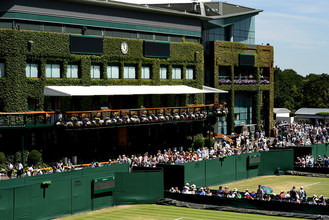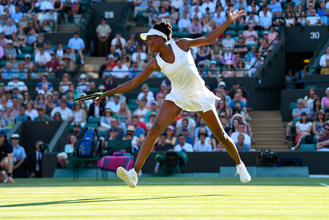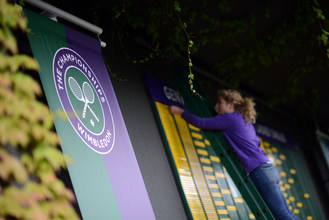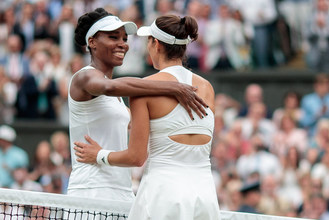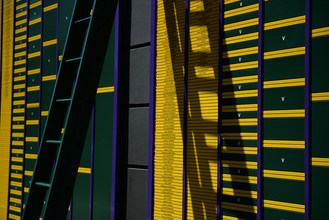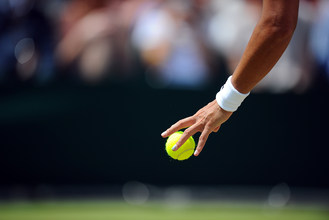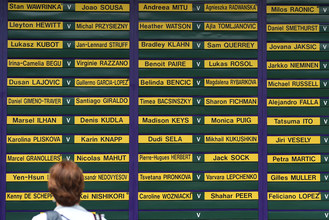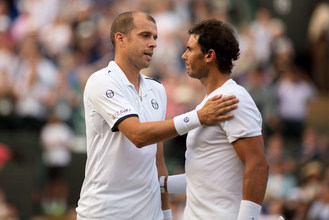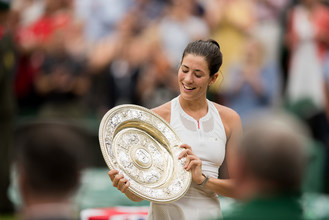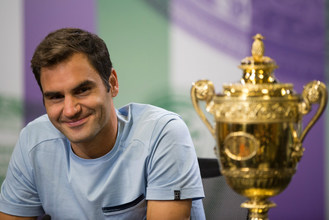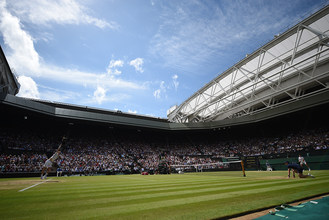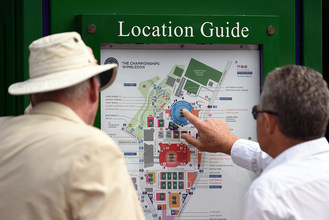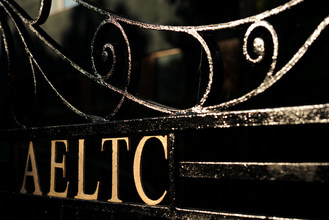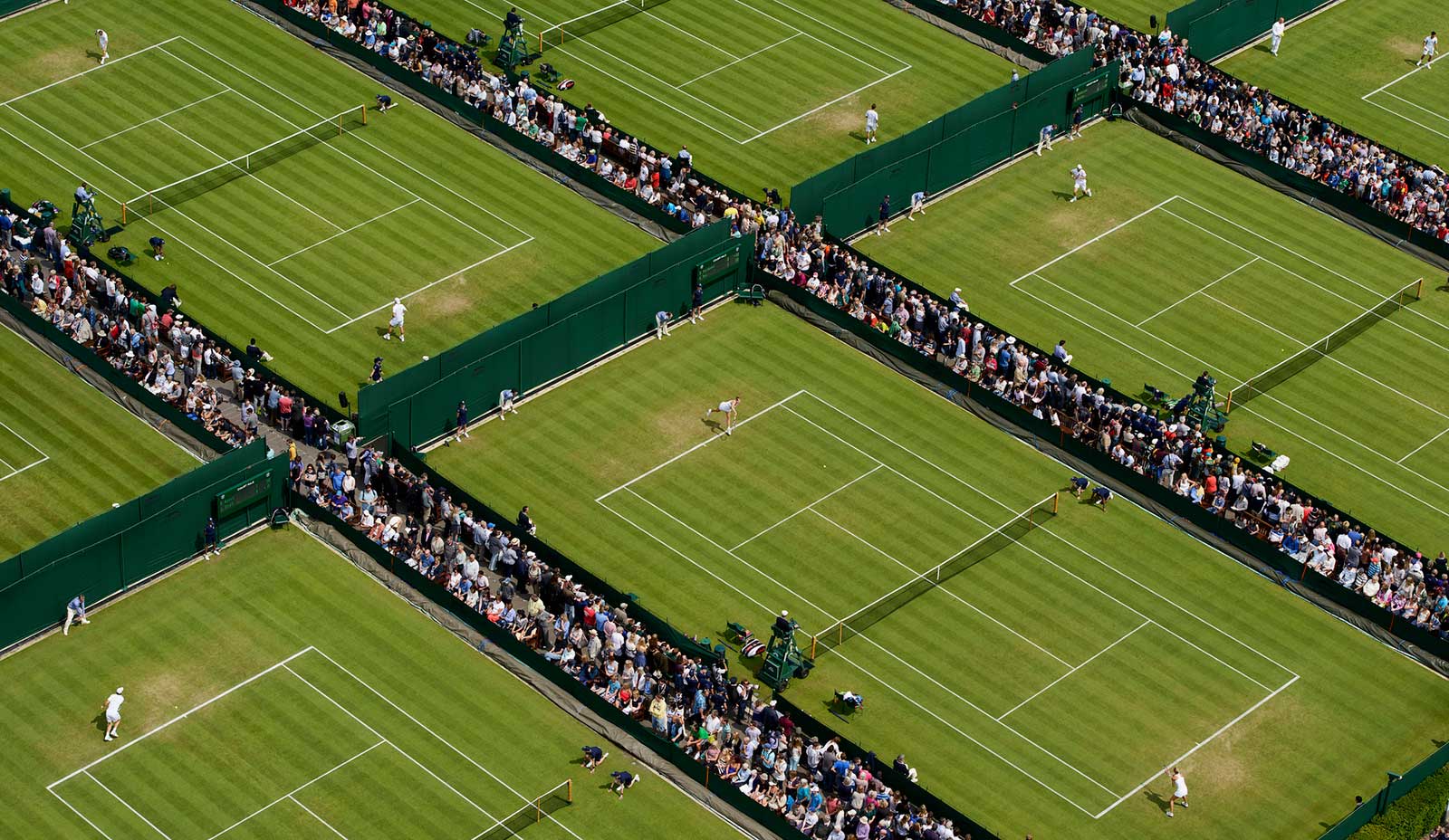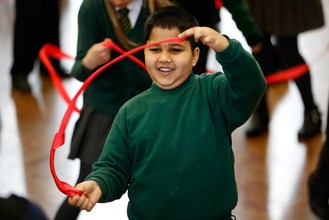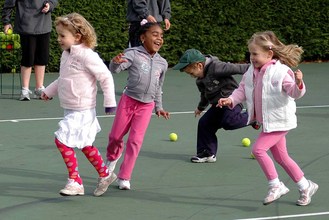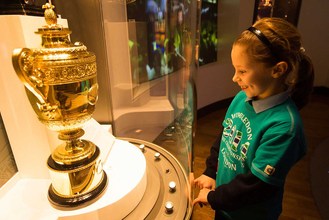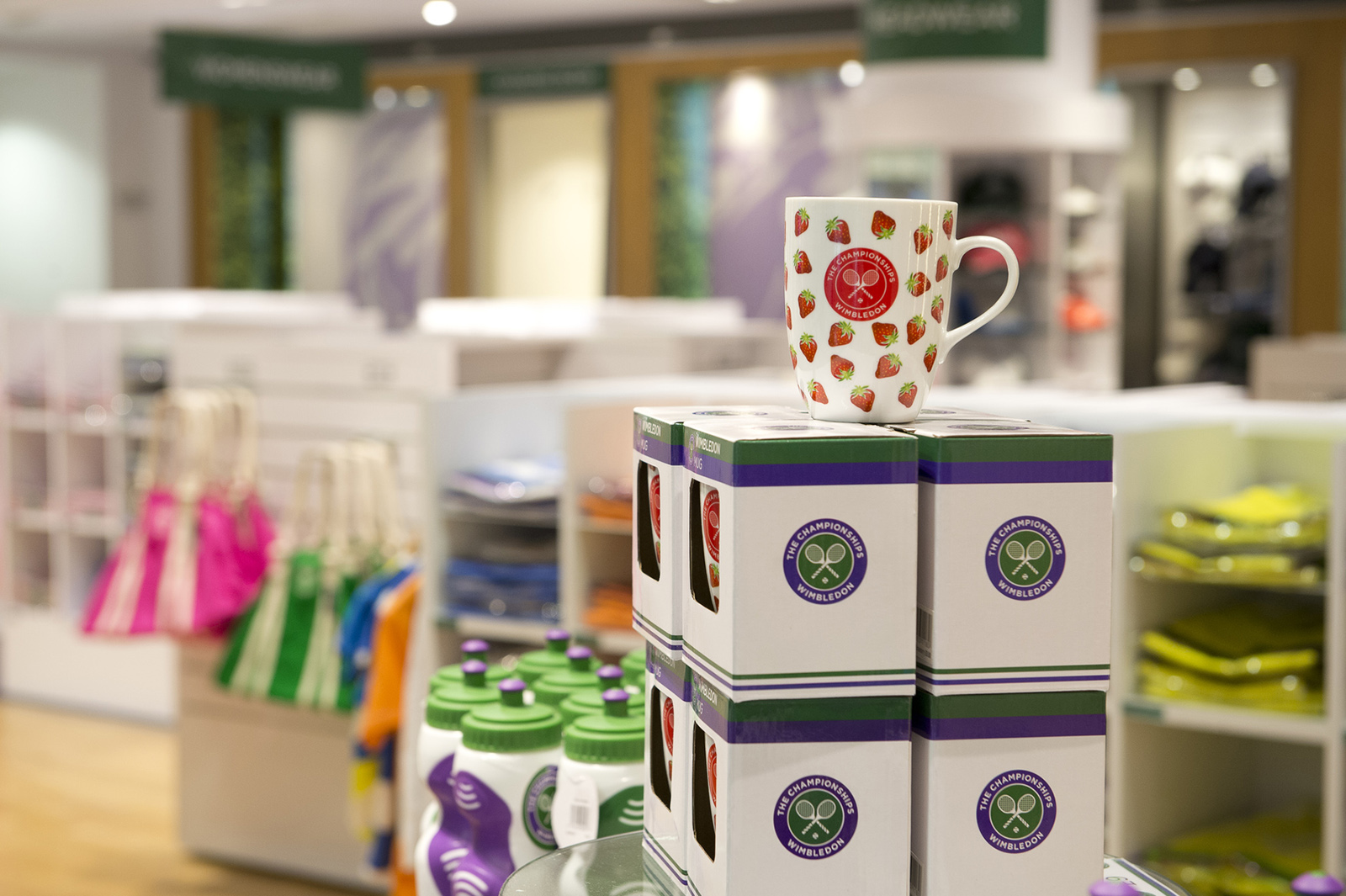When Christian Garin of Chile – playing in a grass court tournament for the first time – won through three rounds of qualifying to earn a place in the main draw of the men’s singles, it marked a breakthrough with far wider resonance than just satisfying individual progress for the 21-year-old from Iquique.
Garin, along with Tunisia’s Ons Jabeur, who qualified for the ladies’ singles, is among 14 players who in May received the first international Player Grand Slam® Grants funded by the Grand Slam Development Fund (GSDF) as a contribution towards tournament-related costs.
The aim of the initiative is to help players on an upward trajectory “to develop as professional tennis players and compete in Grand Slam tournaments” – and, remarkably, eight of those 14 recipients of the grant have walked out on to the grass to compete at Wimbledon.
As well as Garin and Jabeur, a round of applause is due for Beatriz Haddad Maia of Brazil who, paired with world No.28 Ana Konjuh, reached the third round of the ladies’ doubles; Rebecca Peterson and Elias Ymer, both of Sweden, who reached the second round of qualifying in their respective singles draws; Viktoriya Tomova from Bulgaria, Lee Duckhee of South Korea and the Belarusian Ilya Ivashka, 23, who were ranked high enough to earn a place in the qualifying draw.
Applause, however, is ephemeral; these competitors are hungry for success and their Wimbledon achievement marks a significant step towards their end-of-year goal to make the world's top 100. The Grand Slam Grant enables each player to add to their armoury as they see fit: Tomova, for instance, is now able to pay for her coach to accompany her to some tournaments after having to travel solo for two years.
Over the past 31 years, the Grand Slam Development Fund – founded by the four Slams in 1986 to find a way to boost the chances of success for players from developing countries – has donated more than US$45million for the benefit of junior tennis players trying to compete at elite level. Victoria Azarenka, Gustavo Kuerten, Li Na and Marcos Baghdatis are some of the most high-profile beneficiaries of the scheme.
It gives me the chance, as a woman, to represent the Arab world
“This year, for the first time, we decided to award much more significant grants to a smaller group of players from around the world, each of whom has been given a grant of $50,000,” explains Philip Brook, Chairman of the All England Club.
The recipients are players with genuine potential to feature on a regular basis in the Grand Slams. Money is an enabler in all walks of life, but particularly when travel, accommodation, subsistence, coaching, equipment and specialist physical training are required to maintain a step on the ladder of a career in professional tennis. Many expressed how the grants have made an immediate impact in improving peace of mind and forward planning.
“It really releases a lot of pressure from me about the costs and expenses of the tournaments. Now I’m more relaxed and can focus on my tennis,” says Tomova, while Ymer acknowledged the help comes at a crucial stage of his career: “To get this help really benefits me because I can plan bigger and be more professional in my development.”
Jabeur, who built her run here off the back of considerable success in Paris, is the most graphic example of the impact the support has given. Jabeur lost in the final round of qualifying at Roland Garros but earned a place as a lucky loser at the Slam where she had been crowned junior champion in 2011; she then progressed to the third round, beating a top 10 player, Dominika Cibulkova, en route.
Now hovering just outside the WTA’s top 100, she feels liberated from financial restrictions and better able to fulfil her undoubted talent. “I am playing better since I got this amount and it’s very helpful not to have to think about the costs and expenses any more,” she says. “It gives me the chance, as a woman, to represent the Arab world. It’s very supportive. I just go on court and think about my game, and have fun. I am trying now to add to my team and get some help from a fitness coach.”
So look out for the further rise of the eight Wimbledon GSDF-supported competitors – and also for the other recipients, who include Lloyd Harris of South Africa, Jurabek Karimov and Sabina Sharipova of Uzbekistan, and Renata Zarazua from Mexico. In addition, Jose Statham of New Zealand and Abigail Tere-Apisah from Papua New Guinea both received $25,000 grants as the highest-ranked players in the Pacific region, which ensured that at least one male and female player from each region received a grant.

